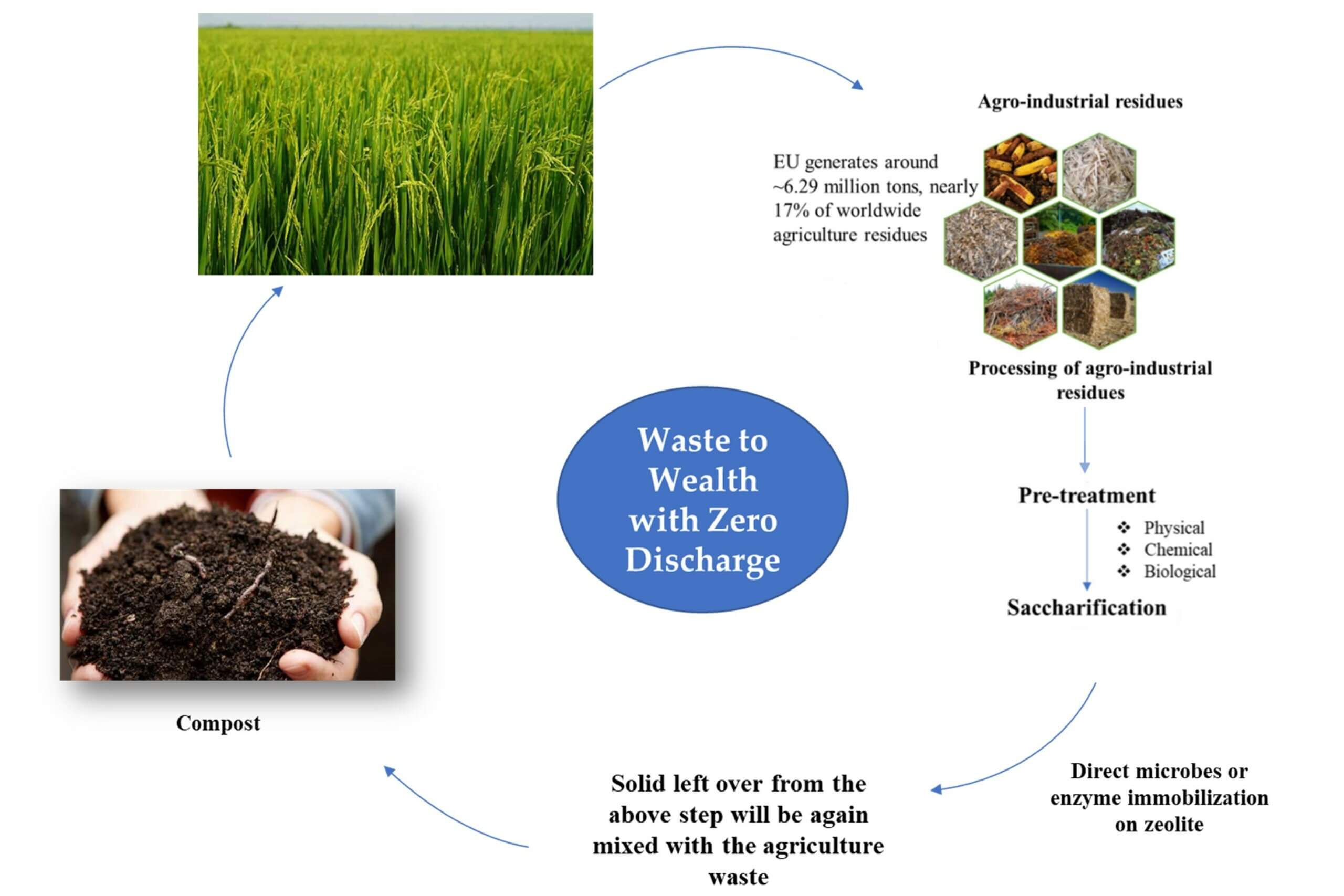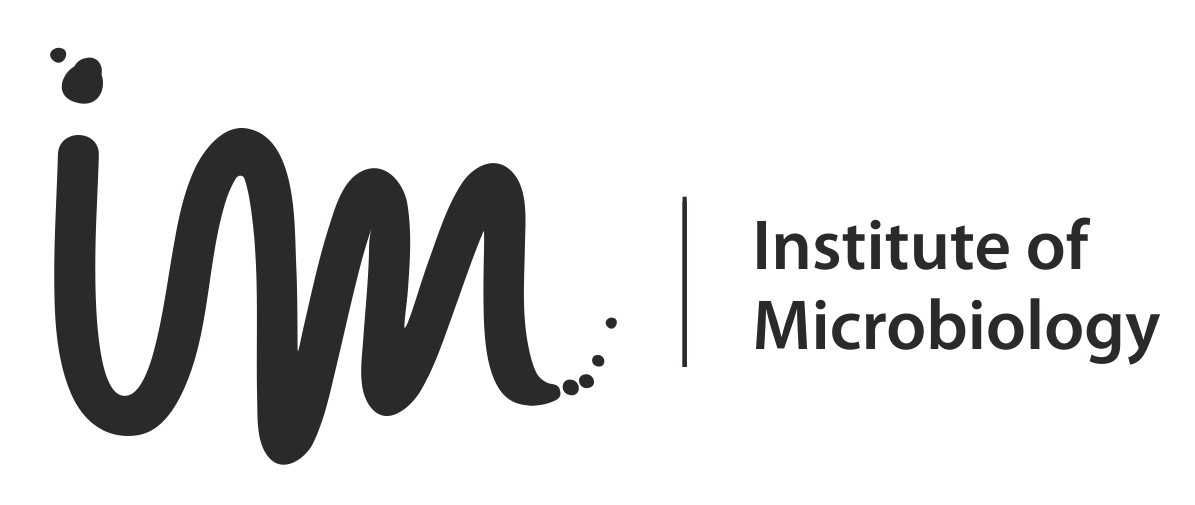Bio-compost inoculants from fly ash

09 03 2022
Category: IM Seminar
We cordially invite you to the institute seminar: on next Monday, 14st of March at 2 pm Namrata Joshi from the Department of Environmental Microbiology and Biotechnology will present a seminar entitled „Devolvement of bio-compost inoculants based on functionalized material derived from fly ash”.
Abstract: Lignocellulosic biomass is an alternative to fossil carbon sources, such as oil, natural gas and coal. It is the most abundantly available bioresource, provides a unique natural resource for the cost-effective production of value-added products. The aim of the work is to analyse, lignocellulose degrading microorganisms, mainly bacteria and fungi, their diversity, abundance, and production of lignocellulolytic enzymes. The hydrolytic enzyme (such as cellulase, xylanase, beta-glucosidase, laccase or amylase) converts lignocellulosic feedstocks into fermentable sugars, which will become an attractive alternative source for clean and sustainable production of different value-added products like pigments, platform chemicals, biofuels etc.
Another aspect of this research is to utilize the solid leftover generated from the saccharification step of lignocellulose degradation to implement a zero-waste approach for composting development. The involvement of fly ash derived zeolite can upgrade the compost quality by enhancing maturity and decreasing salinity. Modified compost with zeolite exhibited improved crop yield and water retention and prevented soil nutrient losses. Overall, the part of the research focused on developing new biofertilizers based on functionalized materials that will constitute carriers for immobilized microorganisms/ hydrolytic enzymes for stimulating the process of composting.
